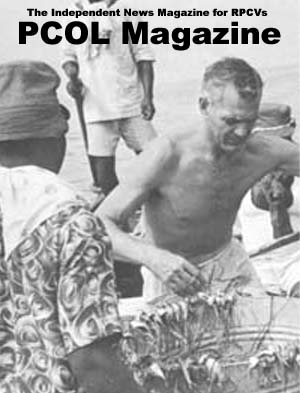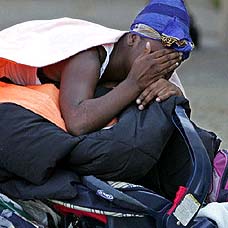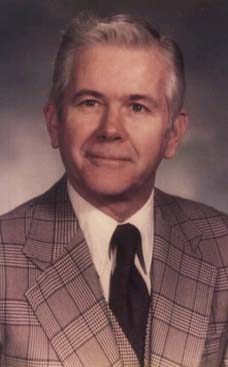
For several years prior, Congress had considered, and rejected, the idea of creating an agency that would send volunteers abroad to perform public works. Republicans in Congress were not exactly thrilled with the idea of expending millions on a "juvenile experiment" whose principal purpose was to "help volunteers escape the draft"; and Democrats refused to put the weight of their party behind the proposal to ensure its passage (Whitnah 1983). By unilaterally creating the Peace Corps in 1961, and then using contingency accounts to fund it during its first year, Kennedy managed to change all of this.
The Creation of the Peace Corps by Executive Order
Unilateral Powers: A Brief Overview
Sep 1, 2005 - Presidential Studies Quarterly
To advance their policy agenda, presidents have two options. They can submit proposals to Congress and hope that its members faithfully shepherd bills into laws; or they can exercise their unilateral powers-issuing such directives as executive orders, executive agreements, proclamations, national security directives, or memoranda-and thereby create policies that assume the weight of law without the formal endorsement of a sitting Congress. To pursue a unilateral strategy, of course, presidents must be able to justify their actions on some blend of statutory, treaty, or constitutional powers; and when they cannot, their only recourse is legislation.
But given the ambiguity of Article II powers and the massive corpus of law that presidents can draw upon, as well as the well- documented travails of the legislative process, the appeal of unilateral powers is readily apparent.
[Excerpt]
Third, and finally, given the size of the overall budget and the availability of discretionary funds, presidents occasionally find ways to secure funding for agencies and programs that even a majority of members of Congress oppose. Presidents may request moneys for popular initiatives and then, once secured, siphon off portions to more controversial programs and agencies that were unilaterally created. They can reprogram funds within budgetary accounts or, when Congress assents, they may even transfer funds between accounts. And they can draw from contingency accounts, set- asides for unforeseen disasters, and the like, in order to launch the operations of certain agencies that face considerable opposition within Congress.
By Louis Fisher's account, "The opportunity for mischief is substantial" (1975, 88). While discretion is far from absolute, the president does have more flexibility in deciding how funds are spent than a strict understanding of Congress's appropriations powers might suggest.
As evidence of this last scenario, recall Kennedy's 1961 executive order creating the Peace Corps. For several years prior, Congress had considered, and rejected, the idea of creating an agency that would send volunteers abroad to perform public works. Republicans in Congress were not exactly thrilled with the idea of expending millions on a "juvenile experiment" whose principal purpose was to "help volunteers escape the draft"; and Democrats refused to put the weight of their party behind the proposal to ensure its passage (Whitnah 1983). By unilaterally creating the Peace Corps in 1961, and then using contingency accounts to fund it during its first year, Kennedy managed to change all of this.

For when Congress finally got around to considering whether or not to finance an already operational Peace Corps in 1962, the political landscape had changed dramatically-the program had almost 400 Washington employees and 600 volunteers at work in eight countries. Congress, then, was placed in the uncomfortable position of having to either continue funding projects it opposed, or eliminate personnel who had already been hired and facilities that had already been purchased. Not surprisingly, Congress stepped up and appropriated all the funds Kennedy requested.
These three caveats aside, the exigencies of funding recommend an important distinction. The president's powers of unilateral action are greatest when they do not require congressional appropriation. For where funding is required, nonaction on the part of Congress can lead to the demise of a unilaterally created agency or program. And as a consequence, the president's power of unilateral action diminishes, just as congressional influence over the scope and operations of these agencies and programs expands.












